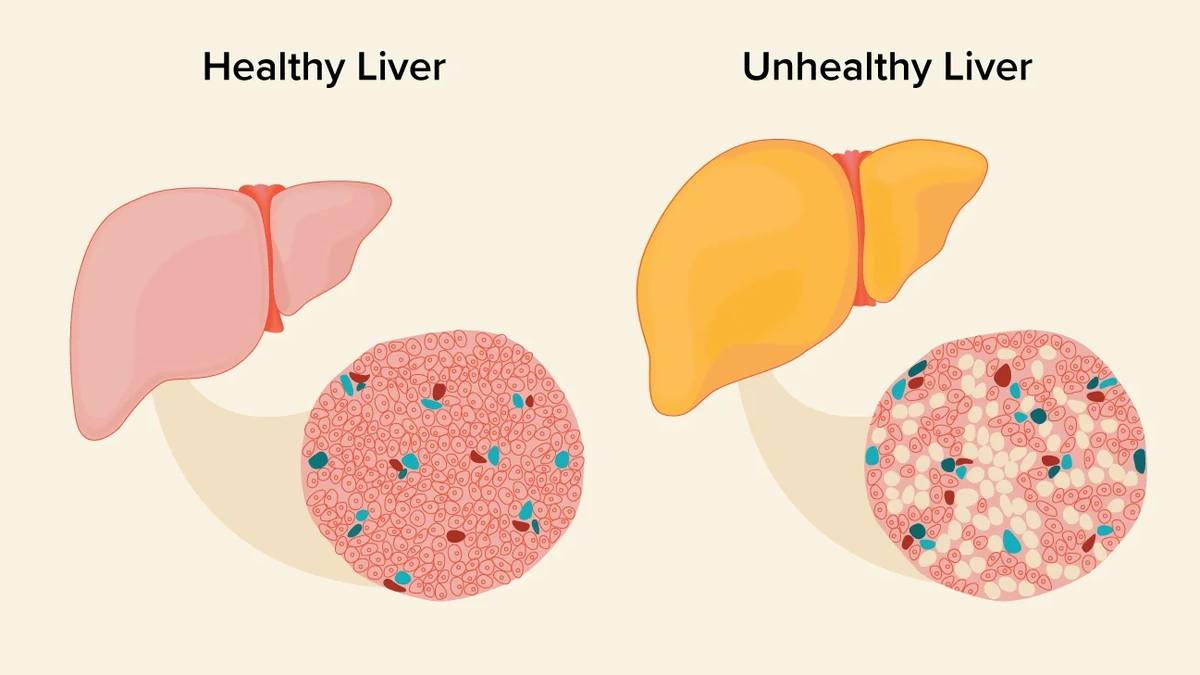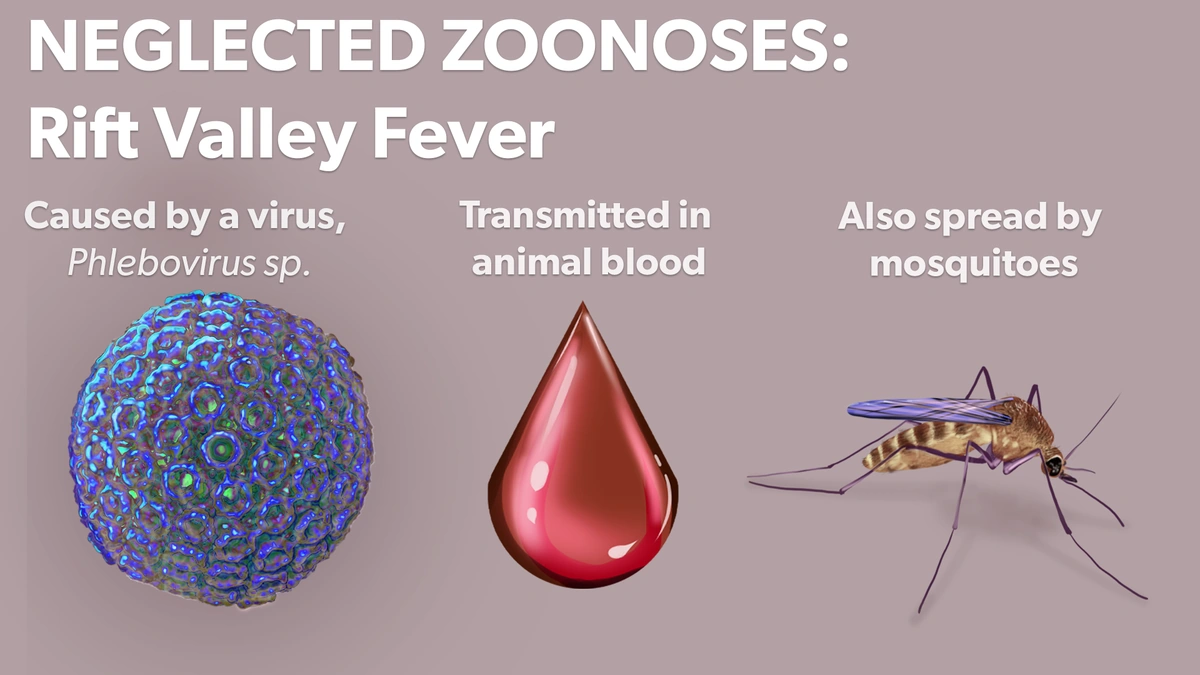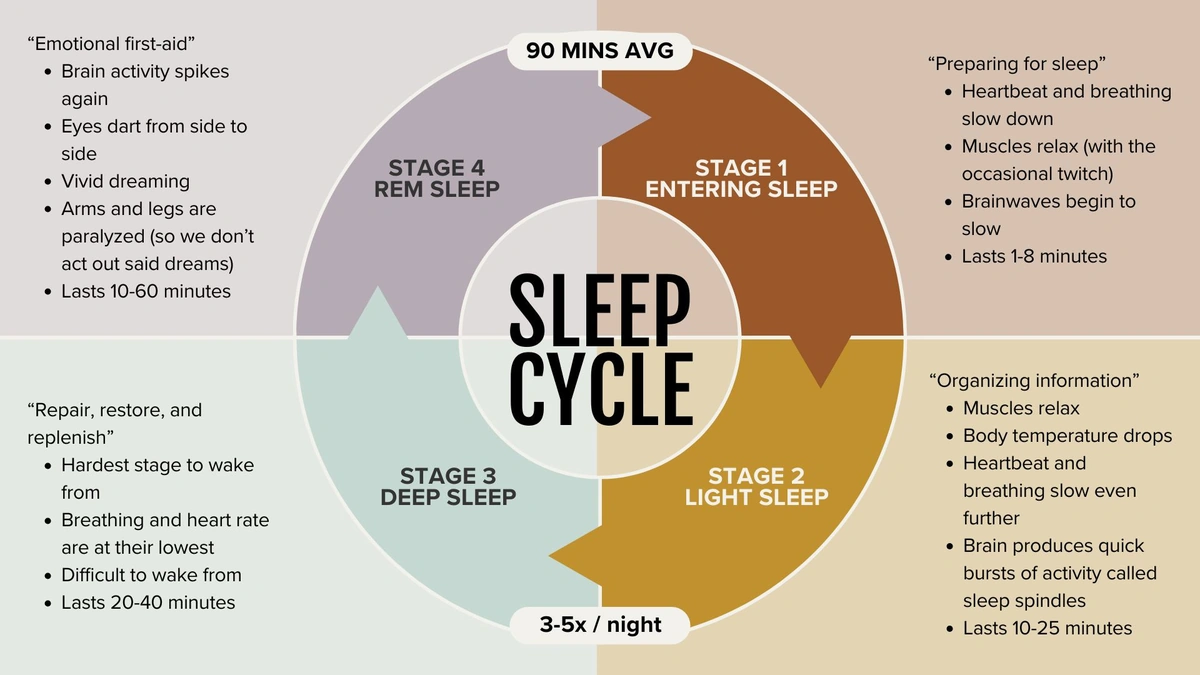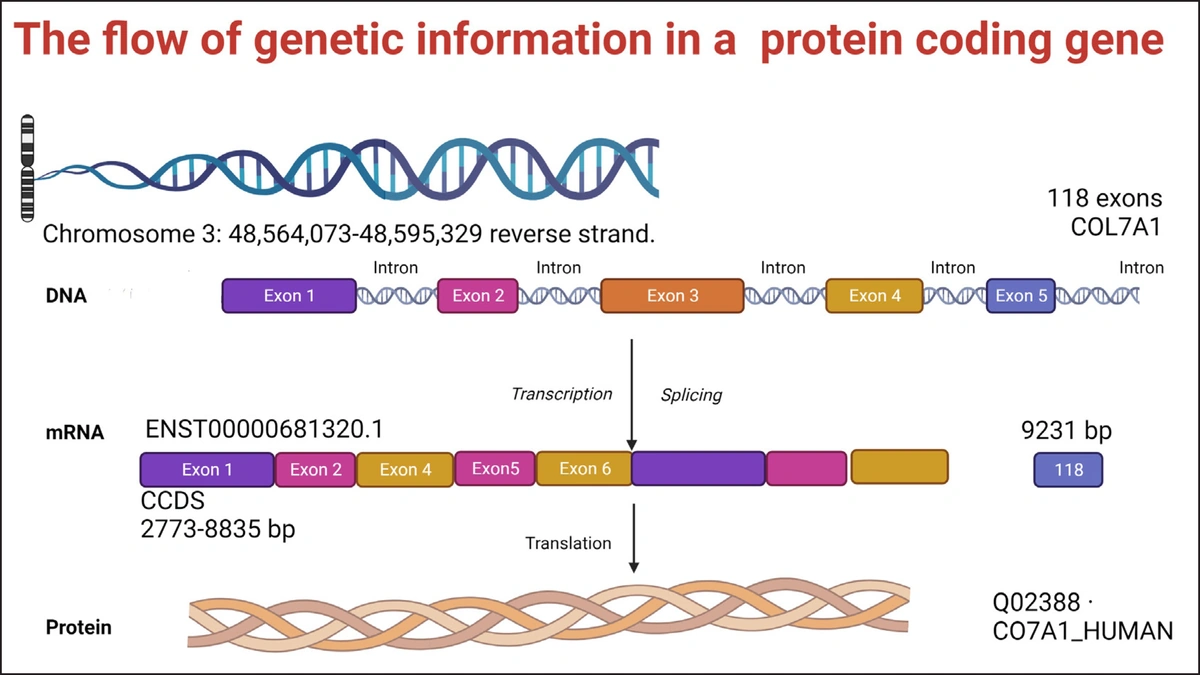AIIMS Doctor Reveals 3 Gut Health Changes That Helped Him Lose 30 Kgs and Reverse Fatty Liver
Imagine this: you’re at your regular check-up, and the doctor drops the F-bomb… fatty liver . Suddenly, your brain’s doing mental gymnastics, trying to figure out how you ended up here. An AIIMS doctor, however, didn’t just accept the diagnosis. He turned the tables, lost a whopping 30 kgs, and reversed his fatty liver disease . And it all started with gut health. Let’s dive into his secrets.
The “Why” | Gut Health, Your Body’s Silent Partner
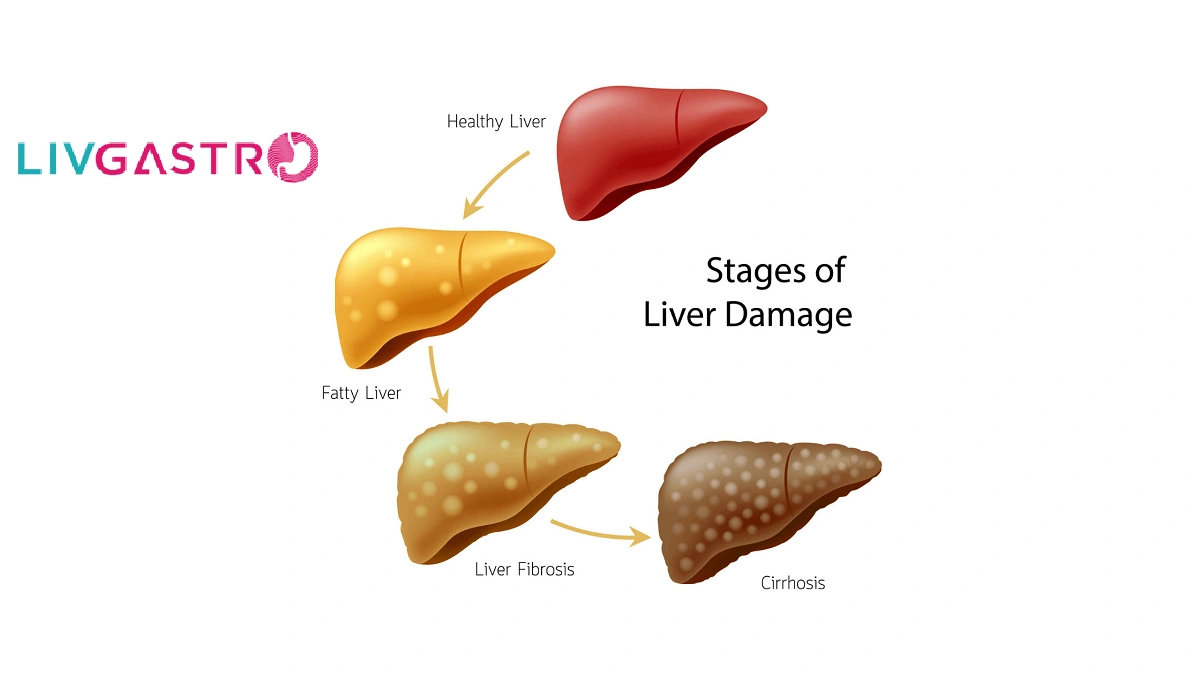
Here’s the thing: we often treat our gut like a forgotten basement. But it’s more like the control center, influencing everything from our mood to our metabolism. What fascinates me is how the gut microbiome – that bustling city of bacteria in your intestines – plays a starring role in non-alcoholic fatty liver disease (NAFLD) . So, what changed? Well, it wasn’t a magic pill. It was a series of deliberate tweaks to nurture a healthier gut environment.
Think of it this way: an imbalanced gut (dysbiosis) can lead to increased intestinal permeability – basically, a leaky gut. This allows harmful substances to seep into the bloodstream, triggering inflammation. This inflammation, in turn, can wreak havoc on the liver, contributing to hepatic steatosis (fatty liver). The AIIMS doctor understood this connection and targeted his gut to heal his liver.
The 3 Game-Changing Gut Health Tweaks
So, what exactly did this doctor do? Let’s break down the three key changes he implemented. He focused on simple, sustainable changes rather than drastic measures.
1. Fiber, Fiber, and More Fiber
Fiber is your gut’s best friend. It acts like a broom, sweeping away toxins and feeding the beneficial bacteria. The doctor increased his intake of soluble fiber, found in foods like oats, lentils, apples, and psyllium husk. This type of fiber dissolves in water, forming a gel-like substance that slows down digestion, helps regulate blood sugar, and promotes satiety. Dietary fiber intake should be gradually increased to avoid digestive discomfort.
2. Fermented Foods | Probiotic Powerhouses
Fermented foods are teeming with probiotics – live microorganisms that replenish and diversify your gut flora. Think yogurt, kefir, sauerkraut, kimchi, and kombucha. These probiotics help crowd out the bad bacteria, reduce inflammation, and improve gut barrier function. He incorporated at least one serving of fermented food into his daily diet. Probiotics, found in fermented foods, can improve gut health and general well-being.
3. Mindful Eating | The Missing Piece
This one’s often overlooked, but it’s crucial. Mindful eating involves paying attention to your body’s hunger and fullness cues, eating slowly, and savoring each bite. It’s about creating a positive relationship with food, free from guilt and stress. When we’re stressed, our gut suffers. Stress hormones can disrupt the balance of gut bacteria and impair digestion. Mindful eating helps reduce stress, allowing the gut to function optimally. It is important to practice mindful eating habits .
Beyond the Basics | Personalizing Your Gut Journey
Now, here’s the catch: what worked for the AIIMS doctor might not be a perfect fit for everyone. Our gut microbiomes are as unique as our fingerprints. That’s where personalized nutrition comes in. Consider working with a registered dietitian or nutritionist to tailor your diet to your specific needs and gut profile. Also, lifestyle factors such as sleep, stress management, and exercise play a significant role in your gut health.
Don’t underestimate the power of sleep. Aim for 7-8 hours of quality sleep each night. Lack of sleep can disrupt your circadian rhythm, which in turn can affect your gut microbiome. Regular exercise, even a simple 30-minute walk, can also improve gut health by increasing the diversity of gut bacteria.
Listen To Your Body
Listen to what your body is saying. Are certain foods triggering digestive issues? Keep a food journal to track your symptoms and identify potential culprits. A food intolerance test can also help pinpoint specific foods that your body might be reacting to. Remember, healing your gut is a journey, not a destination. Be patient, be consistent, and celebrate small victories along the way. It is a path to healing your gut .
The AIIMS doctor’s story is a powerful reminder that we have more control over our health than we think. By focusing on gut health, we can not only reverse fatty liver but also improve our overall well-being. It is vital to take care of your digestive health . So, grab some fiber, savor some fermented foods, and start your journey to a happier, healthier gut today. Let’s be honest, you deserve it!
The “How” | Practical Steps for a Healthier Liver
Want to adopt these changes but don’t know where to start? A common mistake I see people make is trying to overhaul their diet overnight. Here’s a gentler approach. Start small. Choose one or two of the tips above and incorporate them into your daily routine. For example, swap your morning coffee for a cup of kefir or add a serving of sauerkraut to your lunch. The key is consistency.
The journey towards reversing fatty liver may have obstacles, but with the right steps you can overcome them.
FAQ About Reversing Fatty Liver Naturally
What if I hate fermented foods?
Start with milder options like yogurt or kefir and add small amounts to your diet. You can also try fermented vegetables like sauerkraut or kimchi in small quantities.
Can I reverse fatty liver with diet alone?
Diet plays a crucial role, but lifestyle factors like exercise and weight management are also important.
How long does it take to reverse fatty liver?
It varies depending on the severity of the condition and individual factors, but noticeable improvements can be seen in a few months with consistent efforts.
What if I forgot my application number?
While specific advice varies, check the official website for options like retrieving it via registered email/phone. There’s usually a dedicated link for this.
Are there any supplements that can help?
Some supplements like milk thistle and omega-3 fatty acids may be beneficial, but consult with a healthcare professional before taking any supplements. Prioritizing liver detoxification will also help.
